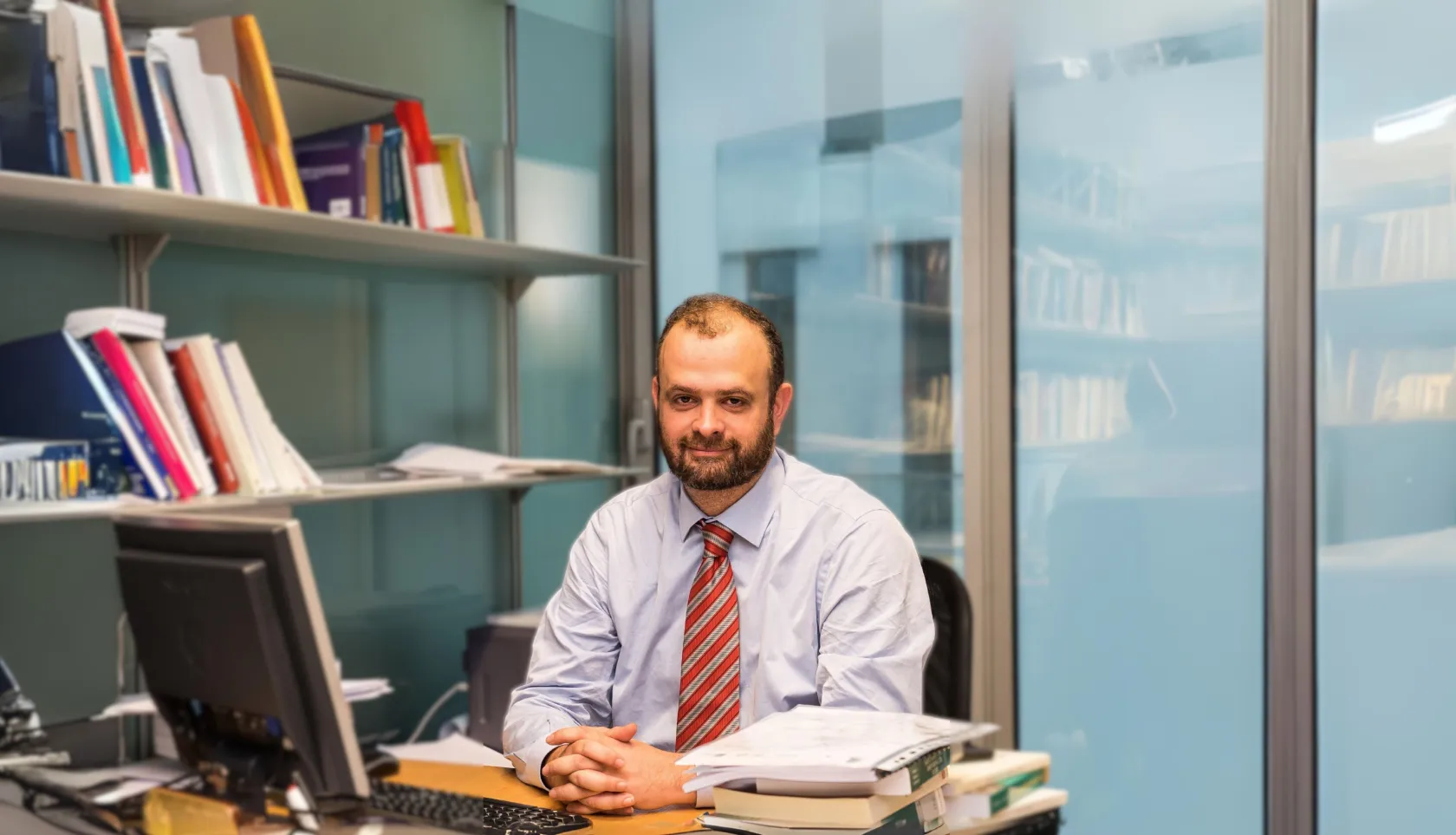
Oreste Pollicino Appointed President of DICOPO
Oreste Pollicino, Full Professor of Constitutional and Media Law at the Bocconi Department of Legal Studies, has been appointed President of DICOPO (Digital Constitutionalism & Policy), a non-profit organization established under Belgian law which aims to become a platform for exchange and debate on topics related to the problems posed by digital constitutionalism. In his new role, Pollicino will chair the Governance Board, which also includes Paolo Cesarini (Vice President), Cornelia Kutterer, Giovanni De Gregorio, and Andrea Parola. “We have created this center, a policymaking laboratory where these issues can be addressed in a pluralist, open way, according to a rigorous academic perspective,” explains Pollicino, “without lobbying for influence but trying to give ideas, for example, to the new Commission which will take office in a few months: we want to have an open and fruitful dialogue with them on the new paths and new frontiers of EU digital policy."
The birth of DICOPO, which occurred about a year ago (and was inaugurated by a keynote speech of the Vice President of the European Commission, Vera Jourova), involves a group of scholars and policy experts in law and economics who are at the forefront of understanding and shaping the future of digital governance. Its inception was necessary, Professor Pollicino explains, because "the issues raised by digital technologies are mainly of a constitutional nature. The protection of rights and freedoms is increasingly under pressure due to a mix of public and private interference. At the same time, the role of technology in giving more power to public authorities and transnational companies is changing the way in which individuals have traditionally experienced their rights in democracies,” continues the Bocconi faculty member. “The development of artificial intelligence, cybersecurity risk or the spread of disinformation on social media are just a few examples of the constitutional questions posed by the digital age.”